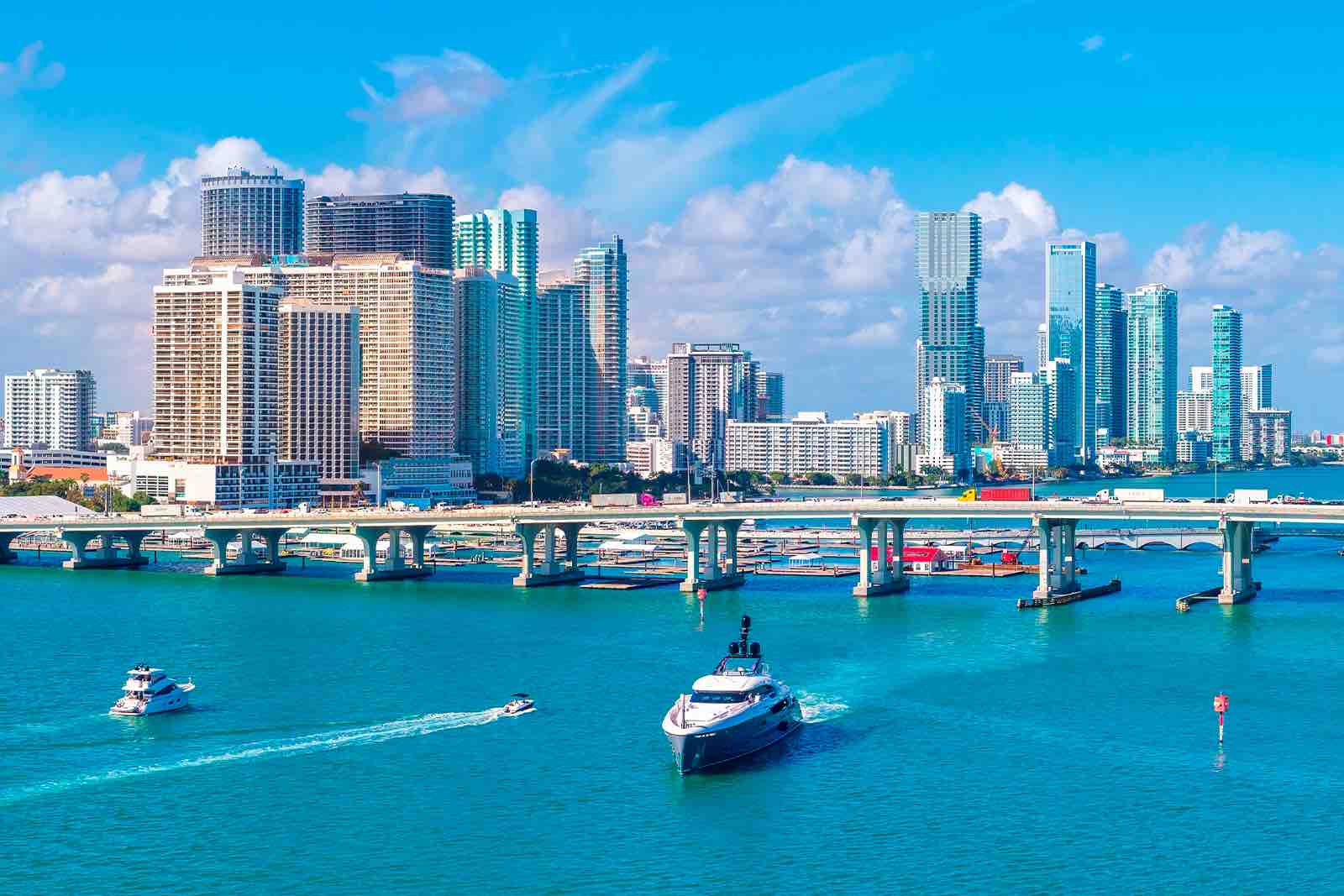USCIS postponed until 2024 the EB-5 fee increase proposed at the beginning of the year
After the announcement at the beginning of the year of the higher fees to enter the EB-5 Program, which allows applying to obtain the Green Card through an investment, the US Citizenship and Immigration Service has once again modified the rules. Find out the details here.
The US Citizenship and Immigration Services postponed the publication of a final rule to increase the filing fees for immigration applications and petitions until March 2024.
Marko Issever, CEO of America EB5 Visa, LLC, stated that, in his view, the postponement of the fee increase is USCIS’s reaction to feedback they received from industry stakeholders.
USCIS published its proposed fee schedule in January. He announced steep increases for various employment-based immigration petitions and applications. For EB-5 investors, the proposed fee increase will increase by 204% to $11,160, a dramatic increase from $3,675.
News of the fee increase earlier in the year sparked strong reactions and criticism from the EB-5 community.
“Given the processing delays and the increasing number of complaints we receive from our customers, that reaction is understandable,” says Issever. “However, given inflation and the time that has passed since USCIS’s last fee adjustment, we believe that wanting to increase the fees is justified.”
Why is USCIS increasing the fees for EB-5 applications?
The last time USCIS adjusted its fees was in December 2016. The proposed fees would represent an overall weighted average of 40%, compared to 21% in 2016.
“The issue is not the increase, but what they are going to do once the rates increase. Understandably, the industry is looking for strong evidence to improve processing times, query response times, etc.,” says Issever. “Their reaction, therefore, is not because they believe the increase is unjustified. They are not confident that once fees increase, USCIS will eliminate or at least significantly reduce the unprecedented processing times we have been experiencing.”
The agency called the fee increase necessary to “recover its operating costs, restore and maintain timely case processing, and prevent case backlogs in the future.” USCIS receives about 96% of its funding from filing fees, as it is not dependent on funding from Congress.
“There has to be a middle ground. For example, in the EB-5 space, we have suggested, in the past, that USCIS calculate how many man-hours they need to remove the backlog,” says Issever. “There is no justification for the adjudication of an I-526 petition taking almost five years. The application for removal of conditions, I-829, is taking 66 months or more.”
Issever says that once USCIS calculates the full cost of settling backlogged cases, increasing fees for future applications could cover the additional cost. He adds that the agency could hire temporary qualified consultants to help process pending applications with the projected additional revenue.
Why does USCIS still have long EB-5 processing times?
The COVID-19 pandemic greatly affected the agency’s immigration processing and revenue.
After conducting a comprehensive biennial fee review, USCIS said its costs have increased since the last fee adjustment due to expanded humanitarian programs, increased demand, increased processing times and the need for additional USCIS employees.
“These costs have to be borne by someone. Congress could provide some relief through the budget process, but the applicants who are the ultimate beneficiaries of this process have to pitch in. Otherwise, these processing times will continue to get worse, an outcome that none of us want,” says Issever.
In March, the American Immigration Lawyers Association and the American Immigration Council jointly criticized USCIS for failing to deliver on its promises to stakeholders, noting that the agency reported processing times of several years for many of the services provided.
“We believe that any requests to increase fees for these broken promises must incorporate significant process improvements and targeted implementation timelines that fundamentally change the existing paradigm of slow and inefficient service,” the joint statement said.




